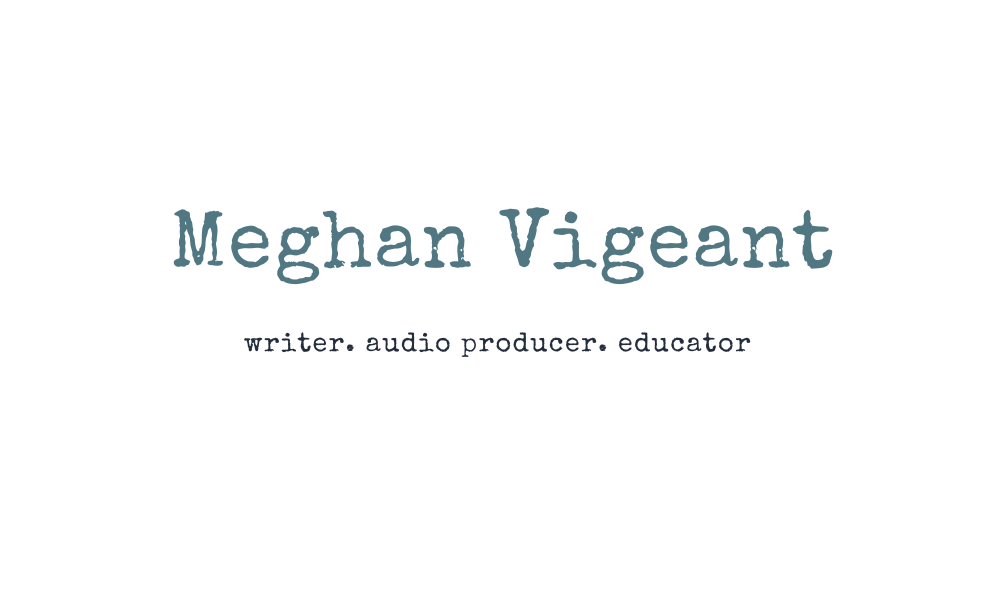During a personal history interview there may be times when the dreaded pause trips us. It does not matter on which side of the microphone you are sitting, if you are the interviewer or the interviewee, I’m here to tell you, do not be afraid of the "uncomfortable" pause. Make it your friend.
If you are the interviewer guiding your client down memory lane with your questions about mom and dad, college days, or that first kiss, you may find allowing for breathing time and pauses will make your interview
- A relaxed conversation, and thus more natural
- Possibly difficult and awkward at first
- Eventually it will be easier for the storyteller to tell you better, richer, juicier details from their memories.
Recalling the past is not a speedy business. Telling your whole life story, or even just part of it, takes time, and hopefully you’ve both set aside plenty of time to go from ancestors to grandkids.
So you’ve asked your question and your storyteller has told you an answer. Take a second to check in with your interviewer’s intuition. Do you sense there is more to this story?
Let a few more seconds tick by (seconds of silence can feel like eternity). If you are clipping along in your questioning right from the start and never slow down your interviewee might think something is amiss. He might think you've forgotten your next question. However, if you consistently give him time to answer this long pause won’t feel so awkward.
As the time ticks, as the pause gets longer, your storyteller may surprise you. The pause gives us time to think, time to dig into our memories, and most importantly, time to reflect. This is especially important for questions about feelings.
How did you feel when he said that to you?
You can let your storyteller know – “Take your time.”
Is your storyteller squirming in his chair? Perhaps this question makes him uncomfortable. You should always let your client know that they are not required to answer every question. He might decide that certain subjects are off limits. As a personal historian you should respect your client's wishes. After all, this is their story and they get to decide what parts to tell.
But not all squirming is bad. Sometimes we have to touch on something uncomfortable to reach the truth. This is a great opportunity for your storyteller to reflect, to have epiphanies. You can help your storyteller to better understand the forces that shaped them, and the strength of their character. You are a mirror holding up images from the past. The process of telling or writing a life story is often illuminating. Making time for pauses helps your storyteller to make room for deeper reflection.
Whatever you do, don’t rush your storyteller, and don’t talk over his answer with your next question. What you hear just may lead you to a story goldmine.

